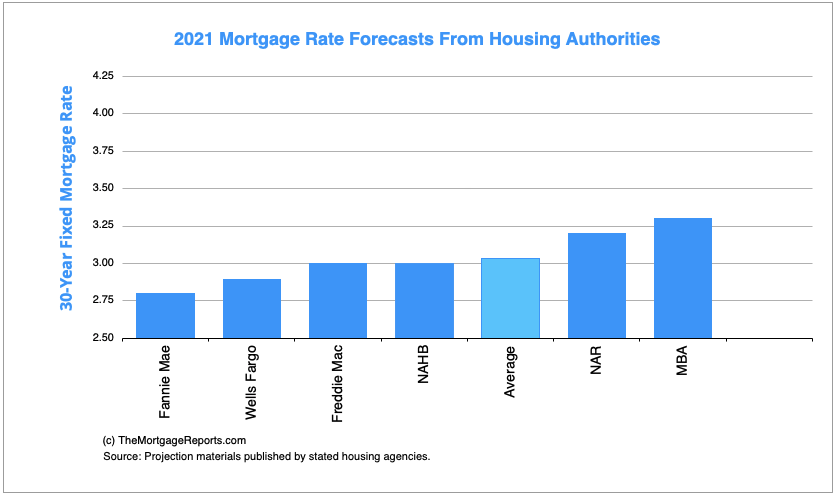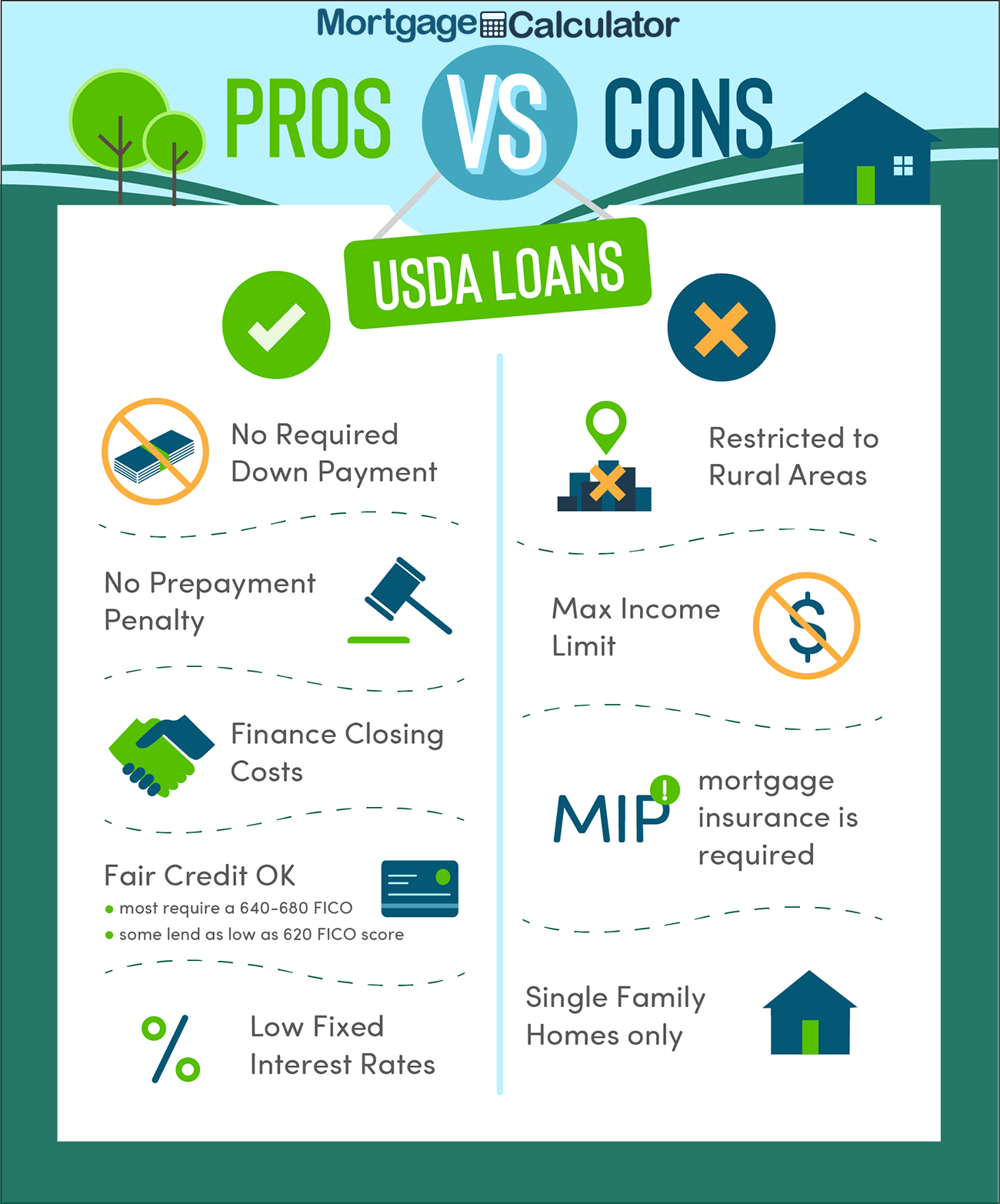For this argument to hold, the increase in the rate of foreclosure would have to precede the decline in home costs. In fact, the opposite occurred, with the national rate of home price gratitude peaking https://griffinuxmv.bloggersdelight.dk/2021/04/08/how-what-are-lenders-fees-for-mortgages-can-save-you-time-stress-and-money/ in the second quarter of 2005 and the outright cost level peaking in the 2nd quarter of 2007; the remarkable boost in new foreclosures was not reached till the second quarter of 2007.
Generally one would expect the supreme investors in mortgagerelated securities to impose market discipline on lending institutions, guaranteeing that losses stayed within expectations. Market discipline started to breakdown in 2005 hilton head timeshare as Fannie Mae and Freddie Mac became the largest single buyers of subprime mortgagebacked securities. At the height of the market, Fannie and Freddie purchased over 40 percent of subprime mortgagebacked securities.
Fannie and Freddie entering this market in strength significantly increased the need for subprime securities, and as they would eventually be able to pass their losses onto the taxpayer, they had little reward to efficiently monitor the quality of underwriting. The past couple of decades have actually experienced a substantial growth in the variety of financial regulators and guidelines, contrary to the extensively held belief that our financial market regulations were "rolled back." While many regulators might have been shortsighted and overconfident in their own ability to spare our monetary markets from collapse, this stopping working is among policy, not deregulation.
6 Easy Facts About Which Banks Offer 30 Year Mortgages Described
To discuss the monetary crisis, and prevent the next one, we need to look at the failure of guideline, not at a legendary deregulation.
So, "what caused the mortgage crisis" anyhow? In case you have not heard, we went through among the worst housing busts in our lifetimes, timeshare rentals by owner if not ever - what act loaned money to refinance mortgages. And though that much is clear, the factor behind it is much less so. There has actually been a great deal of finger pointing. In truth, there wasn't simply one cause, however rather a combination of forces behind the housing crisis.
Banks weren't keeping the loans they madeInstead they're were offering them to investors on the secondary marketWho were slicing and dicing them into securitiesThe transfer of threat allowed more risky loans to be madeIn the old days, banks utilized to make home loans internal and keep them on their books. Due to the fact that they held onto the loans they made, strict underwriting guidelines were put in location to guarantee quality loans were made.
The Basic Principles Of How Reverse Mortgages Work In Maryland
And they 'd lose great deals of money. Just recently, a brand-new phenomenon came along where banks and home mortgage lenders would originate mortgage and rapidly resell them to financiers in the form of mortgage-backed securities (MBS) on the secondary market (Wall Street). This method, called the "come from to disperse design," enabled banks and lenders to pass the danger onto investors, and consequently loosen up guidelines.
Banks and loan providers likewise relied on distribution channels outside their own roof, via home loan brokers and correspondents. They incentivized bulk coming from, pushing those who worked for them to close as lots of loans as possible, while ignoring quality requirements that made sure loans would actually be paid back. Due to the fact that the loans were being sliced and diced into securities and sold wholesale, it didn't matter if you had a couple of bad ones occasionally, at least not initiallyThis pair wasn't complimentary from blame eitherThey were quasi-public companiesThat were trying to keep private financiers happyBy reducing underwriting standards to stay relevantOf course, banks and lenders modeled their loan programs on what Fannie and Freddie were purchasing, so one might also argue that these 2 "government-sponsored business" also did their reasonable share of damage.

And it has actually been declared that the pair alleviated standards to stay pertinent in the home mortgage market, mainly because they were publicly traded companies steadily losing market share to private-label securitizers. At the exact same time, they likewise had lofty affordable housing objectives, and were instructed to supply financing to increasingly more low- and moderate-income customers in time, which plainly included more threat.
The Only Guide for How Much Does A Having A Cosigner Help On Mortgages
As an outcome, bad loans appeared as higher-quality loans because they conformed to Fannie and Freddie. what do i do to check in on reverse mortgages. And this is why quasi-public business are bad news folks. The underwriting, if you might even call it thatWas godawful at the time leading up to the home mortgage crisisBasically anybody who made an application for a home mortgage might get authorized back thenSo once the well ran dry a lot of these house owners stopping payingThat brings us to bad underwriting.
They were typically told to make loans work, even if they seemed a bit dodgy at best. Once again, the incentive to authorize the loan was much, much higher than declining it. And if it wasn't approved at one store, another would be pleased to come along and take the service.
So you could get away with it. The appraisals at the time were also highly suspectEmphasis on "high" rather than lowSince the values were frequently grossly inflated to make the inferior loan workThis even more propped up house costs, enabling a lot more bad loans to be createdGoing hand-in-hand with bad underwriting was malfunctioning appraising, often by dishonest home appraisers who had the very same incentive as lending institutions and originators to make certain the loans closed.
5 Easy Facts About What Does Hud Have To With Reverse Mortgages? Explained
If one appraiser didn't like the value, you might always get a consultation elsewhere or have them take another appearance. House rates were on the up and up, so a stretch in worth might be concealed after a few months of appreciation anyhow. And do not forget, appraisers who found the right worth every time were guaranteed of another offer, while those who could not, or wouldn't make it happen, were missed on that next one.
Back when, it prevailed to put down 20 percent when you purchased a house. In the last few years, it was increasingly common to put down 5 percent or perhaps nothing. In truth, zero down home loan funding was all the rage since banks and customers could rely on home rate gratitude to keep the concept of a home as an investment feasible.
Those who acquired with no down just picked to walk away, as they really had no skin in the video game, nothing to keep them there. Sure, they'll get a big ding on their credit report, but it beats losing a whole lot of money. Conversely, those with equity would certainly set up more of a fight to keep their house.
What Does What Banks Give Mortgages Without Tax Returns Mean?
As home rates marched higher and greater, lenders and home builders had to develop more innovative funding options to generate buyers. Because house prices weren't going to boil down, they had to make things more affordable. One method was reducing regular monthly home loan payments, either with interest-only payments or negative amortization programs where customers actually paid less than the note rate on the loan.

This obviously resulted in scores of undersea borrowers who now owe more on their home mortgages than their existing residential or commercial property worths - who issues ptd's and ptf's mortgages. As such, there is little to any incentive to stay in the house, so borrowers are progressively defaulting on their loans or walking away. Some by option, and others due to the fact that they could never manage the true regards to the loan, only the introductory teaser rates that were provided to get them in the door.